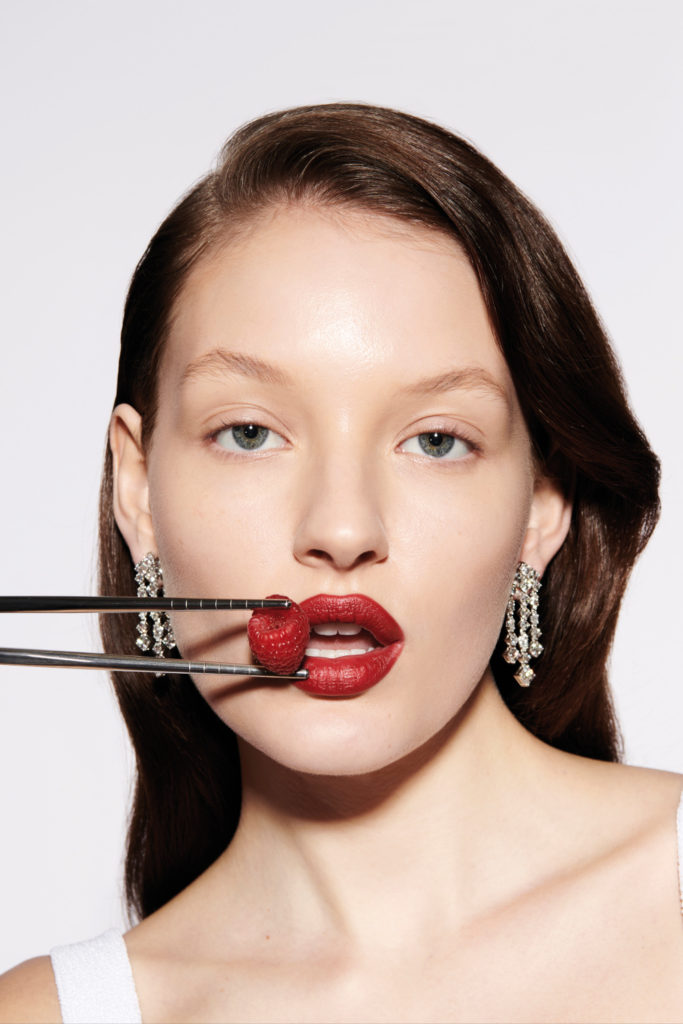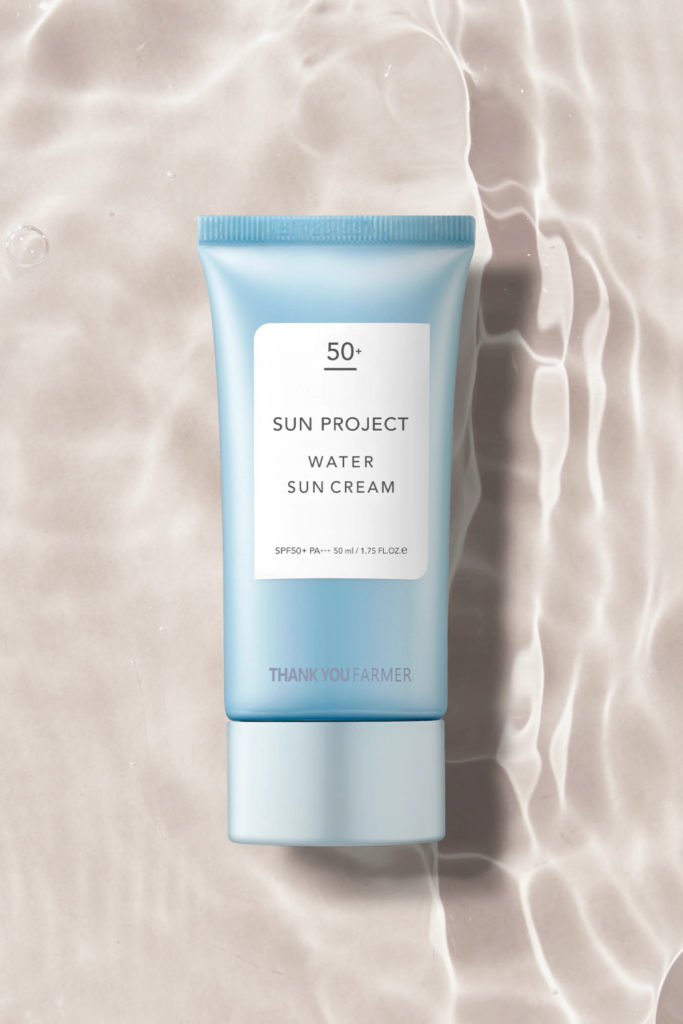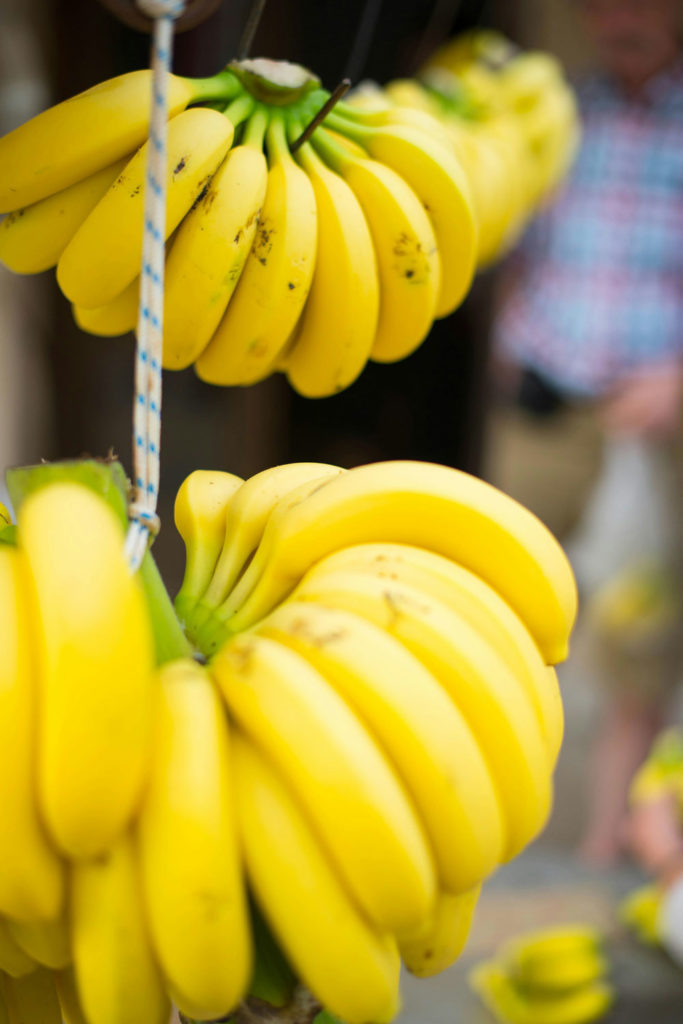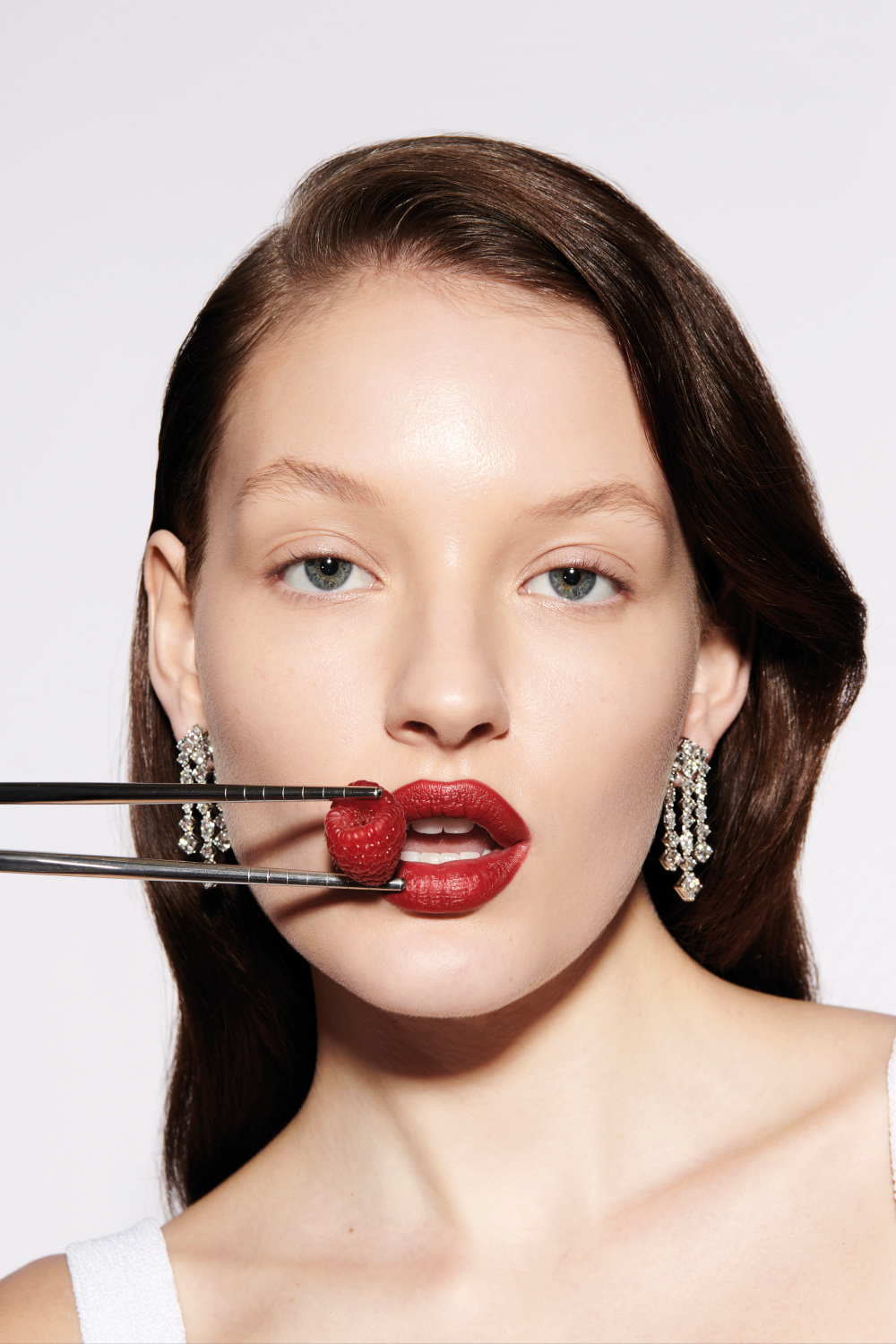
The Longevity Plate: Why Are We Making Our Diet So Complicated?
By
1 week ago
Which diet is best for longevity?
Diet culture has changed drastically in the last 10 years – and with it, so have our attitudes towards what constitutes a healthy body. Ozempic may help with weight loss, but what can we do when it comes to getting proper nutrition? Annabel Jones investigates why we’re making our diets so complicated, and what we can do to achieve long term longevity.
What Does The Longevity Diet Look Like In 2024?
Low fat, low cal, keto, paleo, vegan: the diets many of us grew up following and, as diets go, failing at, have been replaced by a simple mantra: healthy eating. But in an era of overcomplicated messages that dial-in on the details (such as the quality of one’s oat milk) instead of the fundamentals, most people have lost sight of what healthy eating means, says medical research scientist and nutritionist Dr Federica Amati.
In her new book Every Body Should Know This: The Science of Eating for a Lifetime of Health, Dr Amati outlines the evidence-based guidelines for eating well, highlighting specific junctions in life when our nutrition may need re-evaluating – such as adolescence and menopause.
‘The best way to think about longevity is to ask yourself, “What do I want my life to look like when I’m 85? Do I want to get out of bed unassisted and be able to feed myself well? Then what are the habits I need to instil in my 30s, 40s, 50s to get there,’ says Dr Amati, adding that to live a long and healthy life you need to eat to mitigate the five main health risks: heart disease, cancer, metabolic obesity, type 2 diabetes and cognitive decline.
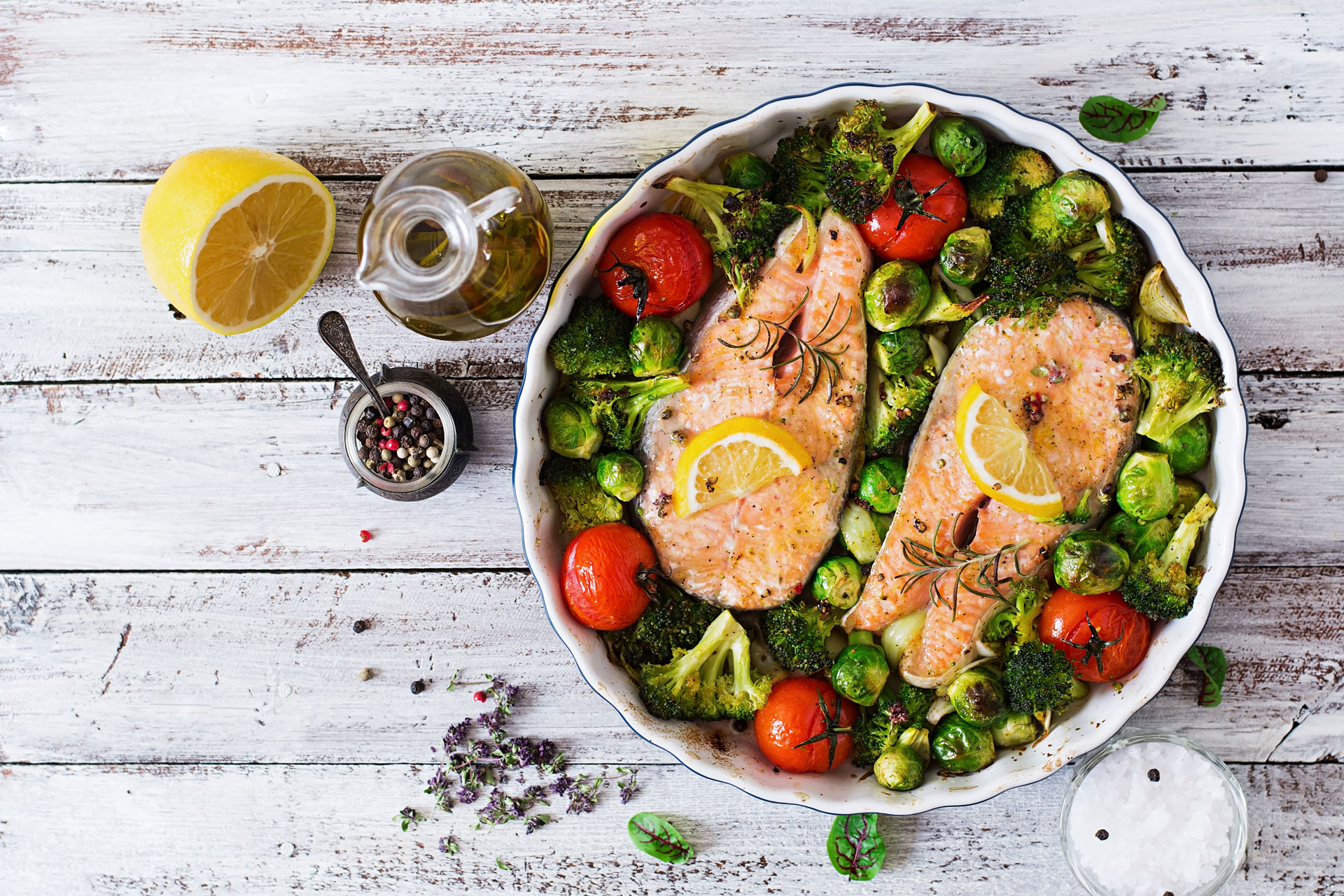
The Mediterranean diet tends to include foods high in omega-3 fatty acids, like salmon and mackerel (photo: Getty Images)
The Dietary Pattern With The Best Health Outcomes
Along with forsaking smoking (‘no amount of red light therapy is going to undo the damage that smoking causes,’ says Dr Amati) and reducing alcohol, which she stresses is a carcinogen that harms your health, ‘a Mediterranean style dietary pattern has been proven across millions of people to improve most health outcomes, including frailty, fertility and disease.’
The main pillar, says Dr Amati, is plants. ‘A plant-led diet consisting of legumes, beans, greens, and seasonal fruits and vegetables with some animal protein should form the foundation of any longevity diet,’ she recommends, warning that meat should complement – not be the mainstay of – our diets. ‘You can get all 20 amino acids found in protein from plants – including the nine essential ones,’ adds Amati who recommends opting for fatty fish rich in omega 3 fatty acids (mackerel, sardines, wild salmon) three times a week as opposed to red meat. ‘The evidence is clear, meat intake is linked to a higher risk of disease,’ she says. On top of these fundamental principles, Dr Amati suggests experimenting with supplementation ‘if it helps you feel better’, but doesn’t recommend expensive vitamin infusions.
NAD: What Is It, And Do We Actually Need It?
NAD is the supplement of the moment but is it a valid addition to a longevity protocol or just another hot trend destined to fizzle out? NAD stands for nicotinamide adenine dinucleotide and is a natural coenzyme with about 300 functions that are hugely important for energy production, says longevity expert Dr Sabine Donnai.
Our NAD production reduces over time, hence why supplement companies are keen to sell it to us. However, Dr Donnai has only found one that works: Accuri NAD+ Optimisation Dietary Supplement by Jinfiniti Precision Medicine, which she stocks at her London clinic Viavi. ‘We’ve tested plenty of NAD supplements including infusions and it’s the only one that we’ve seen improve all the chemical processes we look for, such as mitochondria function, methylation, detoxification,’ Dr Donnai says. Most good NAD supplements are expensive and come courtesy of longevity practitioners such as Dr Donnai, thus aren’t available to the general public.
However, Rhian Stephenson, a leading nutritional therapist and naturopath, has just launched one under her wellness brand, ARTAH. ‘NAD influences every hallmark of ageing. By the time we’re 40, NAD levels have dropped by 50 percent and by 60 they’ve halved again,’ says Stephenson who explains that it’s not only biological ageing that impacts NAD levels but how much sleep and stress we’re under, hence why lifestyle protocols such as mindfulness can boost energy.
ARTAH’s supplements use standardised extracts of herbs and compounds with medicinal properties, which Stephenson likens to eating organic fruits and vegetables compared to those sprayed with pesticides.
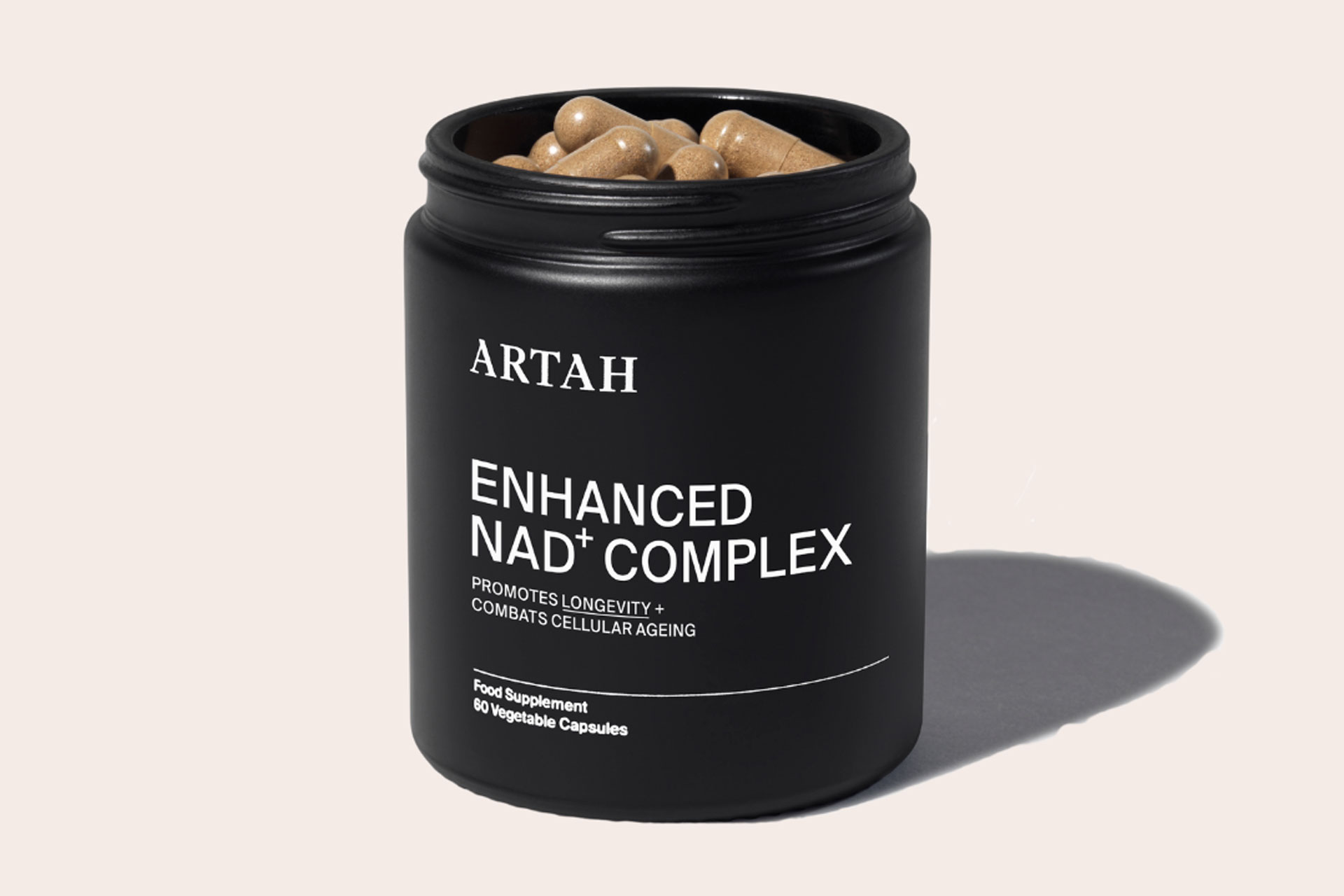
ARTAH Enhanced NAD+ Complex, £60, artah.co
The Four Supplements Everyone Needs
‘We all have very individual needs but after decades of measuring people’s nutrient status there are four supplements that people tend to lack: omega 3 fish oil, magnesium, B vitamins and vitamin D,’ says Dr Donnai.
B vitamins are key for cell function and metabolism, magnesium with sleep and relaxation (Dr Donnai prefers magnesium glycinate), vitamin D3 is crucial for immunity and omega 3s (from fish oil) help with heart health and curb inflammation by balancing omega 6.
Dr Donnai says there are a few tips for making sure you are paying for a supplement that’s bioavailable. ‘Many supplements are made from petrochemicals, which can be harmful and not helpful,’ she says, adding: ‘Look for ones that say food grown or food state (with a shelf life) in an opaque or dark glass bottle to keep the ingredients stable,’ she says.
Featured image: photo by Mateusz Sitek; styling by Ursula Lake (swimsuit from The White Company; ‘Secret Combination’ earrings with diamonds set in platinum from Harry Winston)




